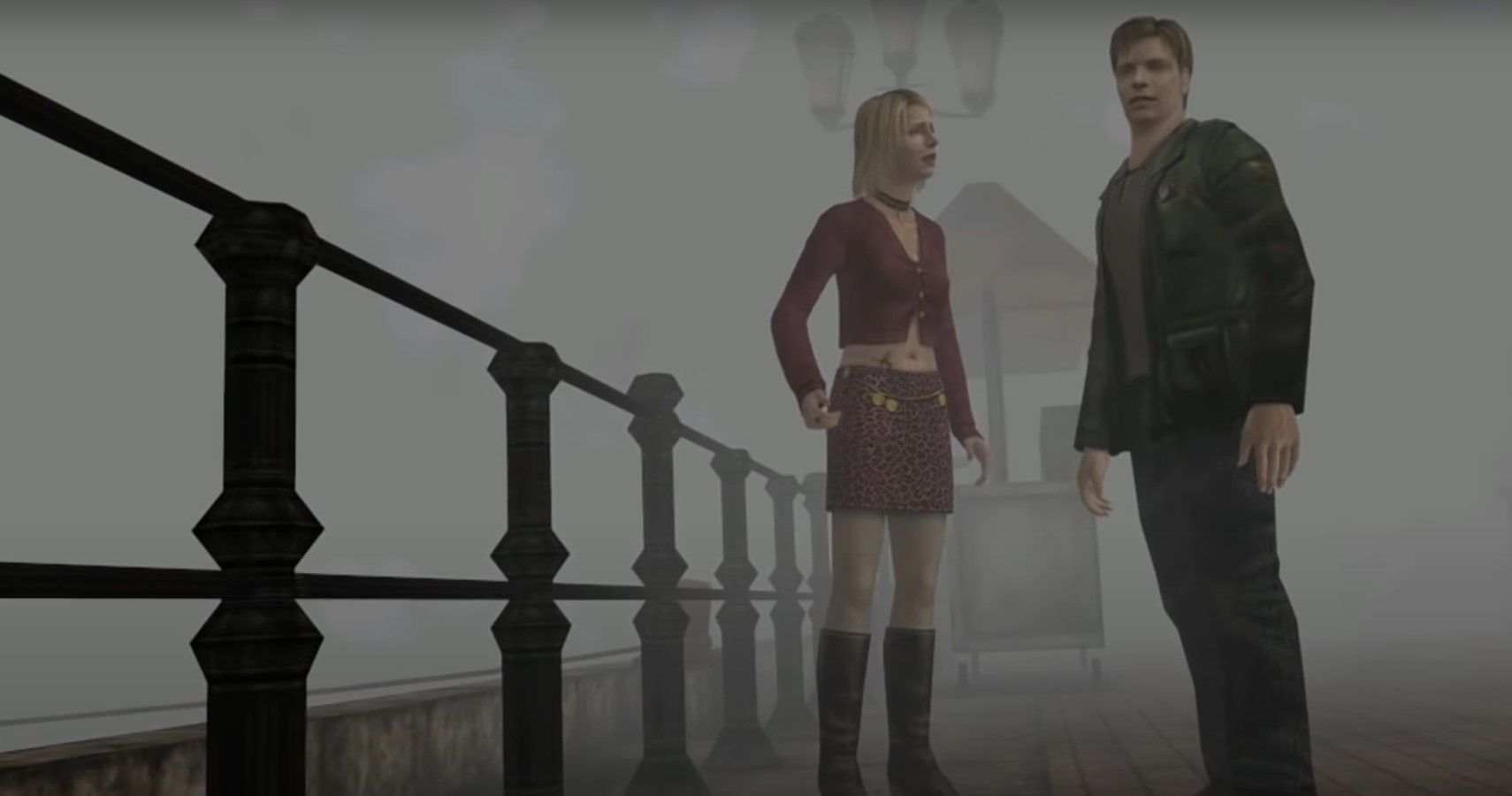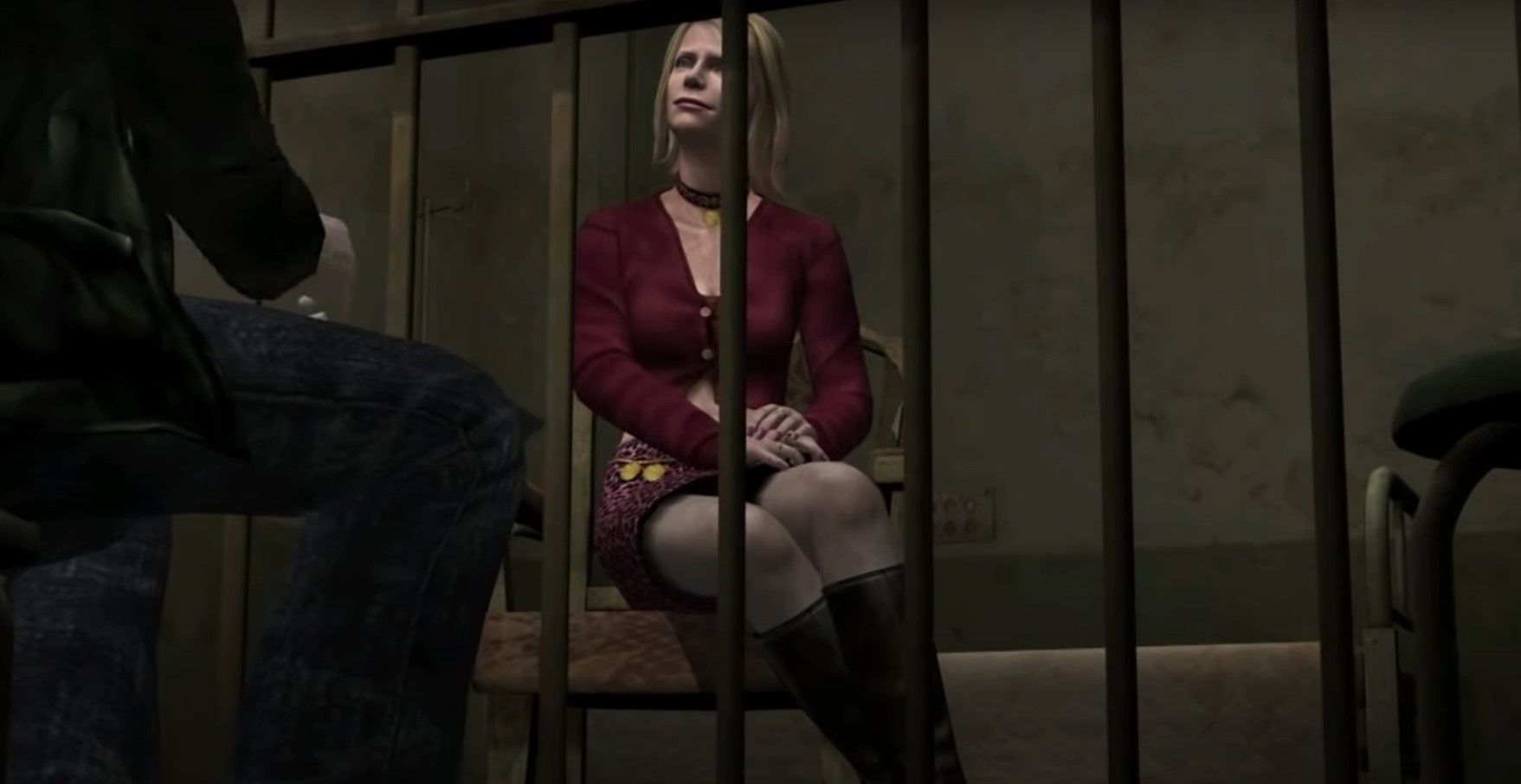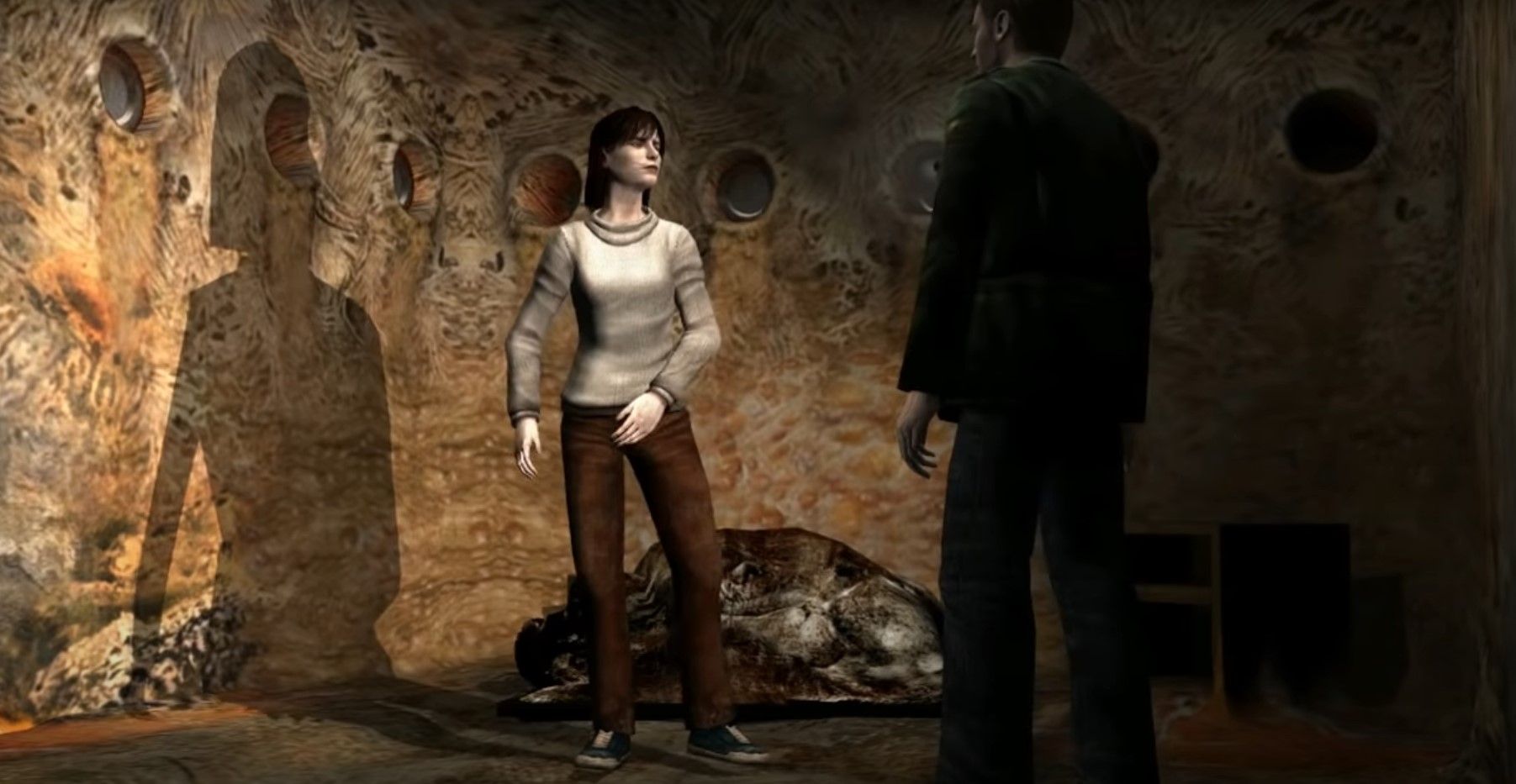Revealing my age, I was a whopping ten-years-old when Silent Hill 2 launched on the PlayStation 2. I wasn't quite old enough to deal with its themes, and I wouldn't overcome the tale of horror lurking in the mind of James Sunderland until a few years later. It was the first horror title I beat on my own - the game I truly owe my enthusiasm for the genre to. Silent Hill 2's unreliable narrator, psychological torment, and chilling atmosphere was the first game to present a story to me where I was forced to fill in my own blanks of understanding, and that's why nearly 20 years later, I'm still wrapped in Silent Hill's fog.
It's hard to make a point about Silent Hill 2's troubled narrative that hasn't already been expressed before, but it's a game I can't quite seem to shake after all this time. The body of work that exists around James, the town, the iconic Pyramid Head, and its other themes is a massive expanse. Silent Hill 2's importance strikes me as a video game must. When you ask a film buff, "what's something you consider a must-watch for the medium?" they may answer Pulp Fiction, Seven Samurai, or Citizen Kane. When I think of games you have to play to understand the medium's power as a storytelling device, I think of Silent Hill 2.
And there are a million reasons why, like this piece from Mike Drucker on James Sunderland's true nature as a villain comes to mind, but the town itself and its haunting environments continue to exemplify excellent staging and environmental storytelling like no other before or after. It's not enough that we slowly watch James descend into uncertainty and struggle with his own dissociation, trauma, and sins. But Silent Hill itself begins to burn with him - the monsters growing more irate, the town more hostile, its people becoming frantic; Silent Hill 2's depiction of that hellish destination remains the series' best. In 20 years, there hasn't been a single mainline title or spin-off that demonstrates a struggle with a protagonist's distortion of the real versus the perceived quite like the second game.
The town is, of course, intimidating at the onset, but the horrors in the fog are unclear, much like James' own recollection of events. He has a good idea of why he's here, or so he thinks, but as a player, we slowly realize that perhaps James isn't trustworthy. His surroundings, Silent Hill, reveal more about James than James can tell you about himself. Pyramid Head's relentless pursuit of Sunderland is more than just a game of monster tag, but an angry subconscious seeking revenge.
To understand Silent Hill 2, you have to look beyond what James insists you know and believe only his enemies. The tremendous weight of his crimes and the involvement he has with the death of his wife, Mary, sits heavily on his shoulders. He can't confront us directly as the player, and he can't even reconcile it himself, but the town's crumbling walls reveal James may not be worth saving. When I think back to childhood adventures in Silent Hill, I remember the shock of trying to understand the accusations from the game's twisted cast like Maria or Laura. Each in their own way, showing me ugly parts of James I found hard to cope with as a departure from a more direct narrative experience.
And then, when looking to the town around James, it starts out shrouded in fog, but continues to grow worse with time. Writing on the walls become more frenzied, and Silent Hill begins trapping James in parts that look less like old beaten up buildings and more like ancient dungeons. The town, along with James, descend into a place of mental anguish no one involved is ready to confront.
Years later, I still struggle to unravel my feelings lost in that fog. Games like Silent Hill: Downpour distastefully dropped us into an asylum to beat players over the head with subtlety pointing to a troubled mind and poor demonstration of PTSD, while Silent Hill 2 didn't opt for such cheap devices in its world. Silent Hill 2 took me into an uncomfortable darkness that forced my younger self to confront a character that told me a story something different than what his world insisted was true. There's an ugliness in James that I hated, but I wanted to believe that maybe at some point he was good, sometime before I knew him and knew what Silent Hill had to say about him. There's a pain in the disconnect between how James sees himself, how you see James, and how Silent Hill sees James - and it's one I'll probably be thinking about for another 20 years.




